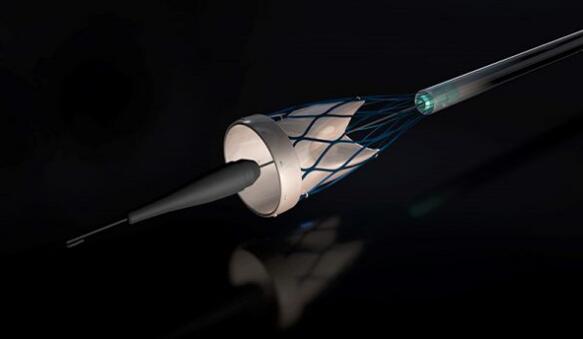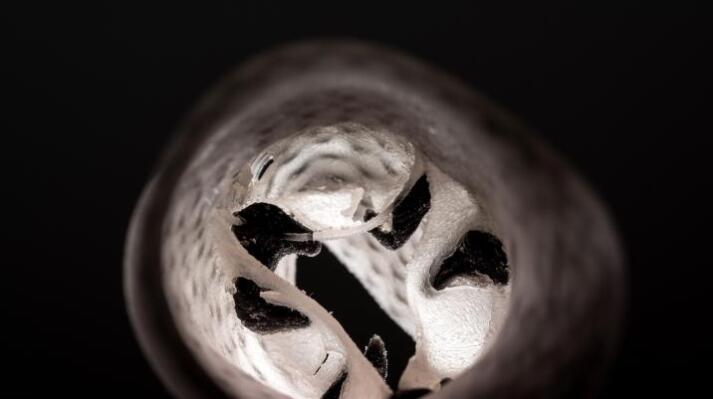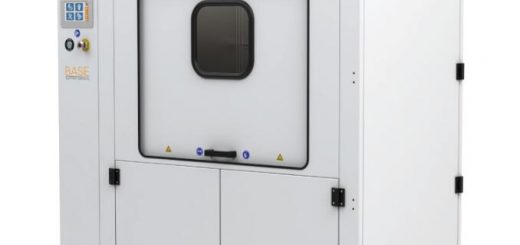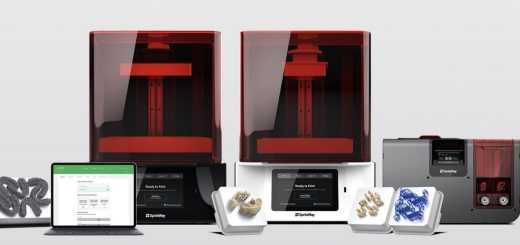Admedus Sees Success with Initial Live Animal Testing of 3D Printed TAVR Heart Valve
There are a few surgical options to treat the tens of thousands of people who are diagnosed with heart valve disease each year, such as risky open heart surgery and transcather aortic valve replacement, or TAVR if you want less of a mouthful. This treatment is far less invasive for patients, as it only involves replacing a damaged valve with a prosthetic one, but it’s still tricky. 3D printing has been used to fabricate these replacement valve prosthetics before, and research is ongoing to try and make the procedure as foolproof as possible for patients.
This week, medical technologies company Admedus Limited, headquartered in Australia, announced that it’s reached a very important milestone in the ongoing development of its own patented TAVR project – it has begun animal trials of the device on sheep, and also completed the first successful live implantation of its innovative, single-piece aortic heart valve.

“Today is a significant step for the TAVR project as we move into the next stage of development,” said Admedus CEO Wayne Paterson, who was in the laboratory to observe the first procedure. “It was exciting to observe the first-ever of our unique single-piece valves being placed inside a living heart. These experiments are being conducted by global leaders in the field and will provide critical insight for our Development team as we accelerate towards product commercialisation.”
Admedus focuses on investing in and growing next generation technologies with its partners around the world, while also acquiring strategic assets to keep expanding its product and service offerings and increasing revenues from its current medical sales and distribution business. Its innovative clinical solutions help the healthcare professionals it works with create outcomes for patients that can change their lives for the better.

Inside a 3D printed heart valve model; black regions represent the location of actual calcium deposits. [Image: Rob Felt, Georgia Tech]
Admedus previously announced that it would be working with a top European reference laboratory starting this month to conduct a study, called “Experimental assessment of the Admedus valve – ovine model of aortic valve replacement.” The study is a follow-up to the company’s successful lab tests, where several 3D printed valves were run, against a competitor valve as a control, out to 400 million cycles, which equates to roughly 10 years of use in a human heart; the control valve showed major fatigue at 250 million cycles, while the 3D printed Admedus ones were still functional at the end.
This new study will be examining both the feasibility and the safety of the company’s unique, 3D printed, single-piece molded valve in a living subject: sheep. Today marked the first day of the trial period, which will last about five months, as the company implanted its first 3D printed, single-piece valve into a live sheep’s heart. During this period, Admedus will implant valves into multiple sheep before it expands and starts to test the 3D printed valves in a TAVR setting with large calves. By using its proprietary ADAPT technology, which is mostly used in restorative structural heart repair and reconstruction, Admedus will be able to provide the first TAVR – and the only one – that has superior biomechanical control capabilities and a proven resistance to calcification.

The company already has several patent applications currently pending in the US regarding its TAVR device. But this new sheep study is an important step on the road for Admedus’s strategic R&D valve project as it slowly works toward developing valves that can be used in humans.
Paterson said, “This device has the potential to be a game-changer for patients, the Company and the US$3.5B TAVR market.”
Sources: 3dprint




Recent Comments